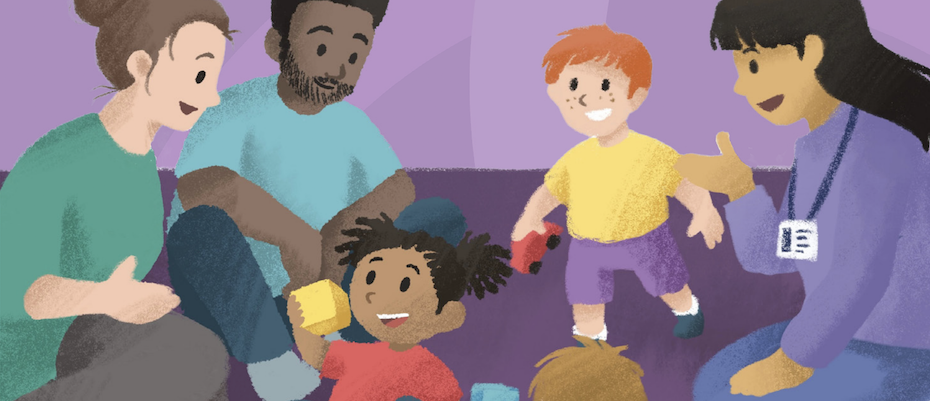Children receive an abundance of messages about the world around them, and how that world functions from a very young age.
Their understanding of race and racism is also developed within these messages, whether directly or indirectly. This process is known as racial socialisation. Racial socialisation can benefit children in a range of ways. For example, it has been found to positively impact self-esteem, school performance and the ability to cope with the psychological impact of racism. It can also support a child to develop a positive racial identity.
In situations where active racial socialisation does not take place, children are left to make sense of the information they receive through using the vocabulary, understanding, and knowledge they have. This can lead to misunderstanding and/or the absorption of racism. It can also lead to children reaching adolescence without the language, confidence, and understanding to navigate discussions about race and racism.
Therefore, the Helping young children to think about race in the early years resource was developed to highlight the importance of, and ways to support, racial socialisation. Importantly, the resource also assists early years practitioners in identifying ways to facilitate their journey in supporting racial socialisation in their setting. Early years practitioners are some of the most important people in a child’s life. They support children through a time when their brains are rapidly growing and changing, setting the scene for how they interact, process emotions, and learn as they get older.
There is a window of opportunity to help children learn about race and racism in the early years. Children in the early years develop a sense of identity and racial understanding far earlier than professionals typically believe.
Early years practitioners are key in helping children develop their understanding of the world, themselves, and others. Early years practitioners can make a difference and assist children in developing a positive racial identity. They can also support children to appreciate the different backgrounds of others and develop the ability push back against racism when they notice it.
The Helping young children to think about race in the early years resource has been recently referred to in the UNICEF publication ‘Understanding and supporting mental health in infancy and early childhood – a toolkit to support local action in the UK‘.

